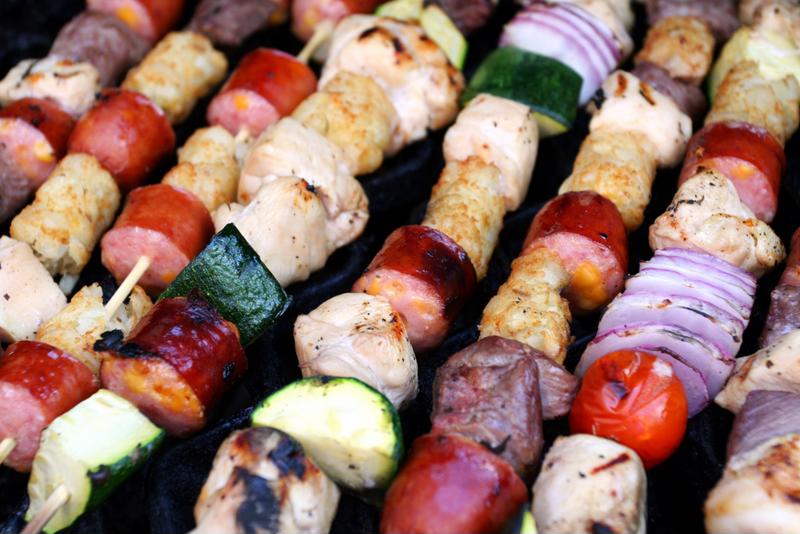Summer is nearly here, which means friends and family will soon fill your patio to chow down on grilled goodies. Of course, for most, such get-togethers only occur once or twice throughout the warmer months. However, if you're serious about improving your home's energy efficiency and helping out the ozone layer, consider making a more substantial commitment to outdoor cooking. You'll see serious financial benefits and feel good about helping your fellow humans.
But, before you stock up on propane and pop a tent in your yard, look over a few energy-efficient, eco-friendly grilling guidelines.
Use charcoal
For grilling novices and part-time hosts, charcoal seems like a major hassle. And, you have to admit, lugging around coals and lighter fluid seems excessive when you can open a propane bottle and get things started with the push of a button. However, from an environmental perspective, charcoal grills are far superior to their gaseous grilling brethren, The New York Times reported. Charcoals are composed of wood and, when burned, release the same amount of carbon as the tree from which they came. In short, by burning wooden coals, your actually returning missing, naturally-occurring carbon to the atmosphere. On the other hand, gas grills send up extra carbon.
However, when you go to purchase charcoal, make sure you get the kind made from wood. Don't go for charcoal briquettes. These are made from coal and, as you can imagine, are terrible for the environment.
Additionally, charcoal grills are superior to ovens when it comes to home energy efficiency. They cook food faster, as direct heat always beats out convection. Charcoal grills also require no gas or electricity to operate.

Indulge in vegetables
No matter how you slice it or prep it, red meat will always be harmful to the environment, Vox reported. The work that went into producing the scrumptious T-bone steak you've got resting in your fridge negates any eco-friendly cooking method you might use. Experts project that livestock producers are responsible for around 7 percent of total global carbon emissions, according to The Guardian.
So, expand your palette by grilling up some vegetables instead. Vegetarian kebabs are a nice alternative. Meatier vegetables like onions or green peppers are best paired with fungi and starch.
Speaking of starch, avoid using your stovetop when prepping staple sides like potato salad. Boiling a stock pot of water wastes a huge amount of energy, so roast your potatoes on the grill instead, The Huffington Post suggested. With this method you'll not only save money on your electric or gas bill, but also add flavor.
Load up your cooking surface
Most grill masters love looking out upon nicely-spaced food formations. It makes sense – those diagonal grill marks make food look extra tasty. Of course, this brand of grilling makes little sense when you consider the environmental implications. Why spend more sending extra carbon into the atmosphere when you can cook all of your food in one shot?
Fill your grill with as much food as possible to reduce cooking time and environmental impact. Additionally, apply this thinking to food items you wouldn't normally use your grill to prepare. For example, pre-cooked dishes like baked beans or macaroni and cheese don't have to take up residence in your microwave. Just put them in heat-resistant vessels and set them on your grill grates. This way, you can achieve the ultimate savings trifecta by conserving your cash and time while also helping out the atmosphere.
Want to find more ways to boost your home's energy efficiency? Schedule time for a home energy audit to see other ways you can improve. Also, throw an extra kebab on the grill for your inspector.

